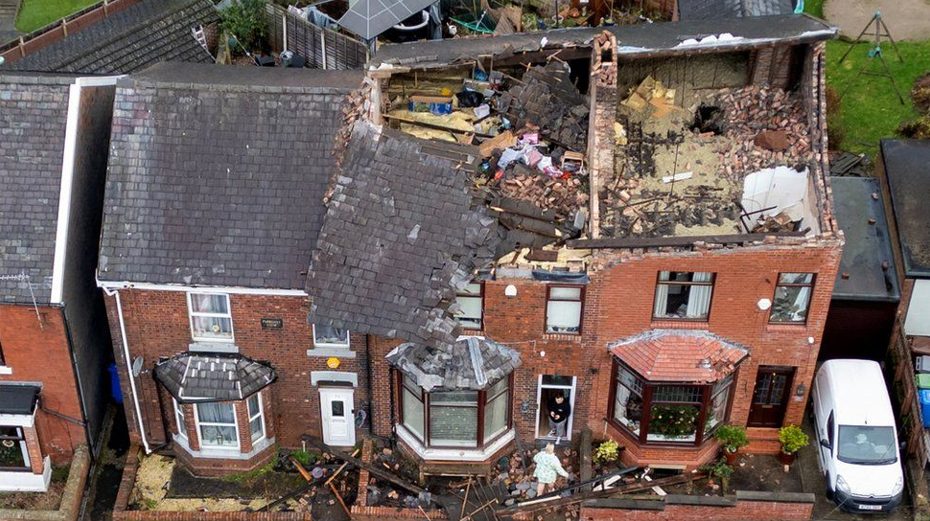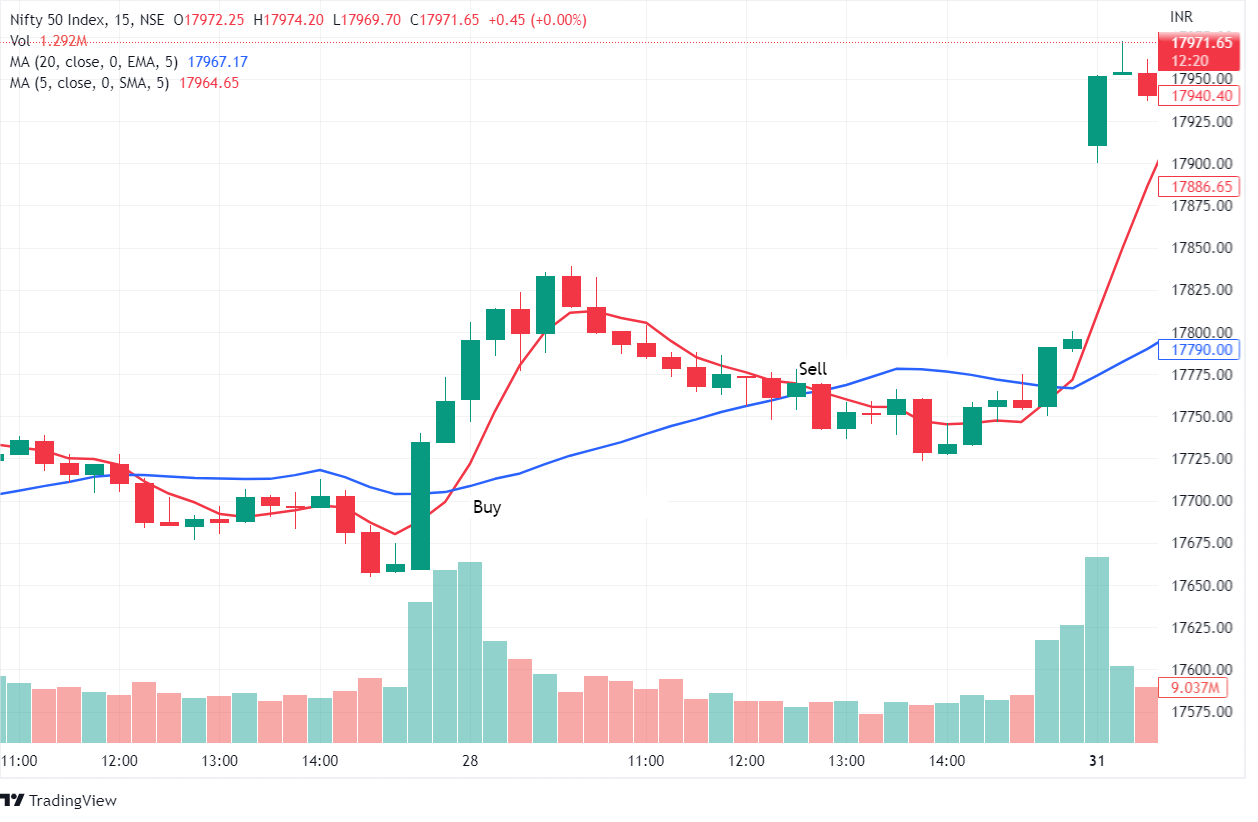Virtual Private Networks (VPNs) help keep you anonymous on the internet. They are designed to keep your activity private and secure. VPNs prevent potential threats from hackers and monitoring and tracking from prying eyes.
If you choose the right VPN provider, the right encryption, and set up your network properly, VPNs can be a powerful weapon to keep your personal information safe. It is important because of all the things you store on your electronic devices that could cause problems if exposed. Credit card and bank account numbers, login credentials, proprietary business information, and contact information for friends or family falling into the wrong hands could be a nightmare.

Stopping Data Leaks
Using a VPN when online, your IP address won’t show up even on a public Wi-Fi connection. Instead, it will be the IP address substituted by your VPN provider. This allows you to be anonymous and avoid someone from intercepting your communications, burrowing into your device, or perpetrating a man-in-the-middle attack.
High-level encryption protects your data as it is being transferred online. Top of the line VPNs will use AES 256-encryption, which is the same standard used by the National Security Agency (NSA) for government secrets.
OpenVPN protocol adds another layer of encryption and security to prevent passive or active attacks from being successful. It provides secure tunnel transport and session authentication.
Making Sure Your VPN Stops Data Leaks
Data leaks can occur if you have the wrong type of VPN or the wrong setup. For example, if your VPN logs your activity and collects data, it can be stored on a remote server or even sold by unscrupulous companies. Choose a VPN provider that has a strict no logging policy.
Mismatched configurations between your device and VPN can potentially leak your DNS or IP address which can be traced back to you. Different operating systems and connection protocols need to be set up properly during installation.
The internet’s not a perfect system. While your VPN will make you invisible online by masking your IP address, if your private connection suddenly drops, your device might switch to a public connection. While you continue working, you might not even notice you’re suddenly more exposed. You can prevent this by enabling an automatic kill switch function on your VPN. If a private connection drops, your VPN will disconnect your connection until you take action.
You also want to make sure you are using a VPN with military-grade encryption. You want AES 256-bit encryption at a minimum. Data leakage can occur with lower levels of encryption.
Not All VPNs Are Alike
Not all VPNs will do the job. Some of the free VPN apps you can find online may even by spying on you while pretending to provide protection. One such free app was accused of not only selling your browsing history but using your bandwidth and selling it to other customers.
Picking the right VPN provider and making sure it’s properly setup will protect you. Take the time to research your options and choose the best VPN service for you. Make sure you are using a high-quality VPN that takes your security seriously.






